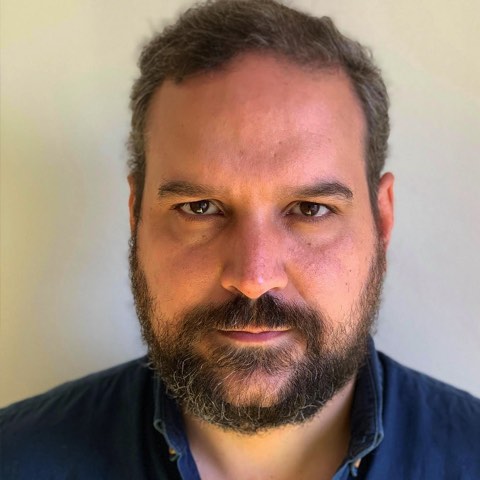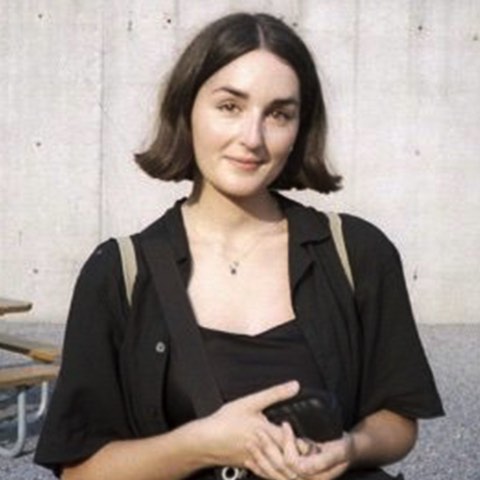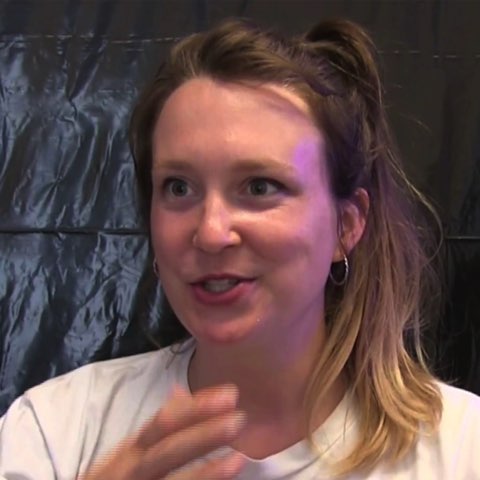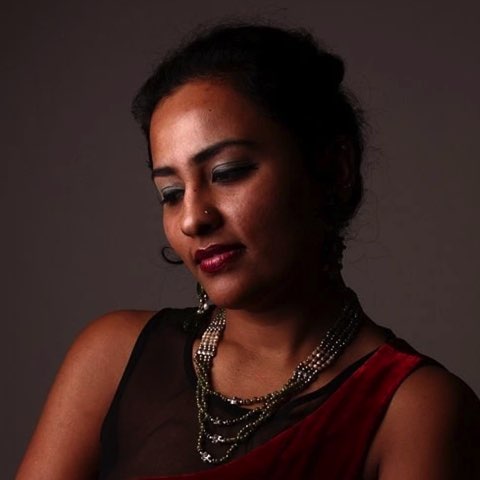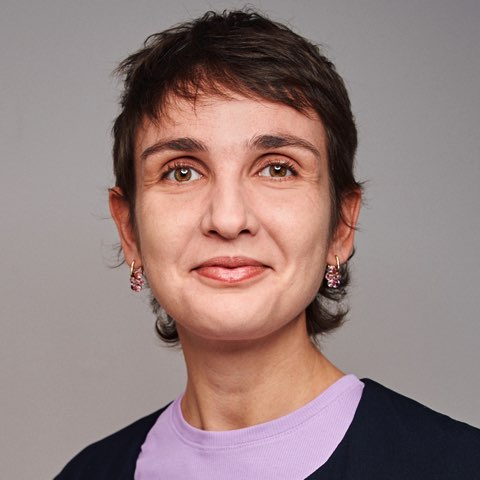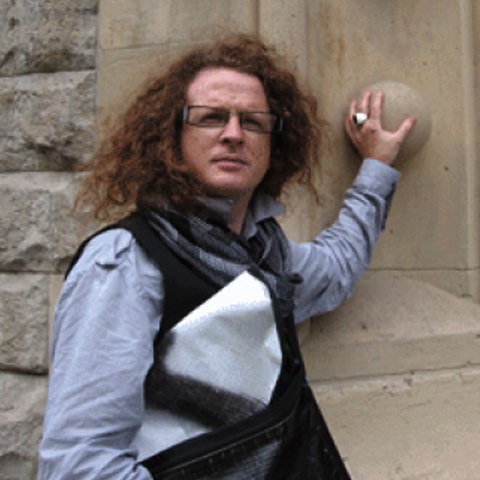Biographies of instructors
Clara Balaguer is a cultural worker, curriculum builder, and grey literature circulatrix. Frequently, she operates under collective or individual aliases, the latest of which is To Be Determined: a loosely organized structure of sleeper cells that activate or deactivate in response to external factors—abundance to be distributed, urgencies to be addressed, or leisure to be. Currently, she curates the Civic Praxis program at BAK, basis for actuele kunst (Utrecht) and teaches Experimental Publishing at Piet Zwart Institute (Rotterdam).
João Camargo has been a political militant involved in precarious workers organization and the international anti-austerity movement in the early 2010’s. He helped create Climáximo in 2015 and has had an active role in climate jobs, anti-oil and gas campaigns, international articulation of the climate justice movement and direct action. He’s an environmental engineer and holds a PhD in climate change. He’s authored Climate Change Combat Manual and Portugal in Flames — How to rescue the forests. He's an ecosocialist and believes the only out of our civilizational crisis is revolution. He is a member of the editorial board of Fight the Fire — Ecosocialist Magazine
Miriam Matthiessen is a researcher and writer living in Amsterdam. She is primarily interested in the intersections of maritime worlds, critical logistics, and urban political ecology. Together with Jacob Bolton, she is part of Liquid Time, a practice-based research duo investigating the relationship between logistics and temporality. She also co-runs the Abandoned Seafarer Map, a counter-mapping project tracking the systemic abandonment of seafarers by the shipping industry. In 2022, she was a participant in the FieldARTS Transitional Waters Residency in Amsterdam. Her writing has been published by Sonic Acts, Weird Economies, and the Contested Ports Project.
Mary Mellor is Emeritus Professor at Northumbria University, where she was founding Chair of the University’s Sustainable Cities Research Institute. She has published extensively on alternative economics integrating socialist, feminist, and green perspectives. She is a founding member of the newly formed World Economics Association and is on the editorial board of several journals. Her books include Feminism and Ecology, The Future of Money: From Financial Crisis to Public Resource, and Debt or Democracy? Public Money for Sustainability and Social Justice. She holds a PhD from Newcastle University.
Debra Solomon is an artist-infrastructure activist, soils and public space food forest expert. She is a PhD candidate in the University of Amsterdam’s department of Urban Planning and is founder of Urbaniahoeve. Since 2010, Urbaniahoeve’s critical spatial practice is driven by reciprocal, interspecies care relations and biodiversity defragmentation. Current project is the 56HA Amsterdam Zuidoost Urban Food Forest, (VBAZO) in the public space of Amsterdam Zuidoost.
Kari Robertson is a visual artist, teacher and researcher based in Rotterdam (NL) largely concerned with eco-social themes. She has recently exhibited at CCB, Bogota and TENT Rotterdam. Working primarily with time-based media, Kari's practice is engaged with impure and entangled substances and states, which speak as much to toxic histories as to collective becoming. She interrogates 'myths of separability' that emerge from modernity, and explores notions of ‘toxicity’ and ‘contamination’ within complex natureculture contexts. Recently, the artist has taken the ‘hydrologic cycle’ as a starting point to think about liquid substances (e.g milk and rainwater) as forms of collective, embodied and sentient archives which both retain legacies of human endeavour, and gesture towards alternative forms of relation. She is currently developing work around the toxic soil of Rotterdam.
Michelle Teran is an educator, artist, and researcher. She is a practice-oriented Research Professor of Social Practices at Willem de Kooning Academy. Her research areas encompass socially engaged and site-specific art, counter-cartographies, social movements, feminist and critical pedagogy. She received her PhD in Artistic Research, Faculty of Fine Art, Music and Design, University of Bergen. Together with Marc Herbst, she is co-editor of Everything Gardens! Growing from Ruins of Modernity. Through the Neighborhood Academy collective learning project, she is engaged in eco-social learning practices around the Prinzessinnengarten in Berlin. She is part of the editorial collective for Situationer Workbook/Situationer Cookbook, a transformative pedagogy reader that brings together experimental practices of learning otherwise.
Vishnu Vardhani Rajan is a body-philosopher. Hyphenated identity and building connections between art, witchcraft, alternative histories, punk orientalism, Marxism, and Naxalism define them. Sleep, conflict, nutrition, gaze, and surveillance are research interests in their philosophy. Night politics, conflict-positivity, and food are recurring themes. Their work spans multi-disciplinary practices such as performance arts, masc-drag, stand-up comedy, film-making, quilting, and spoken word poetry. Infinite Playlist Afterisms and Convivial Complaint Cell are their current, long-term, non-performance performance works.
Hanna Völkle is interested in the feminist-ecological economy of time(s). As a trained social scientist, she deals with the diverse temporal dimensions of social and ecological reproduction processes that lead beyond the constructed linear clock-time. In her current and upcoming work, she analyses relational caring times and the corresponding spatio-temporal infrastructures. A first-generation academic, she explores the fluid yet materialised interdependence of past, present, and future, and thereby the embedding and embodiment of time. She works as a research associate for the Harriet Taylor Mill Institute for Economics and Gender Studies at the Berlin School of Economics and Law. Since 2019 she has been a lecturer in Feminist Ecological Economics.
Baruch Gottlieb is trained as a filmmaker and has worked in contemporary dance, theater, radio, television and performance. Currently, besides his professional work in digital media production, curation, writing and uni-versity, he specialises in participative events, schools, festivals, symposia, workshops, facilitation and organ-isation. He collaborates in Telekommunisten and Disnovation art collectives and is author of Digital Materialism (Emerald 2018) and A Political Economy of the Smallest Things (Atropos 2014). Baruch Gottlieb is curator at West Den Haag and is convenor of the summer school of 2023.

